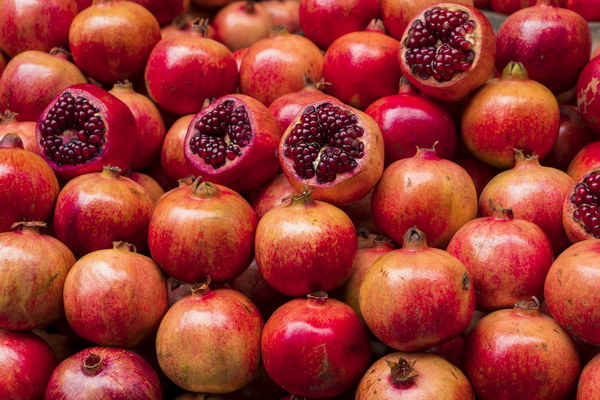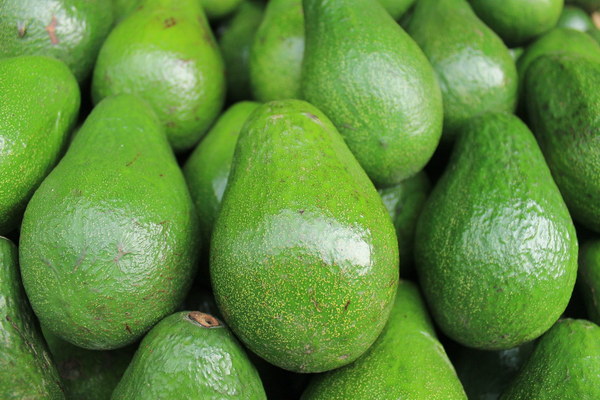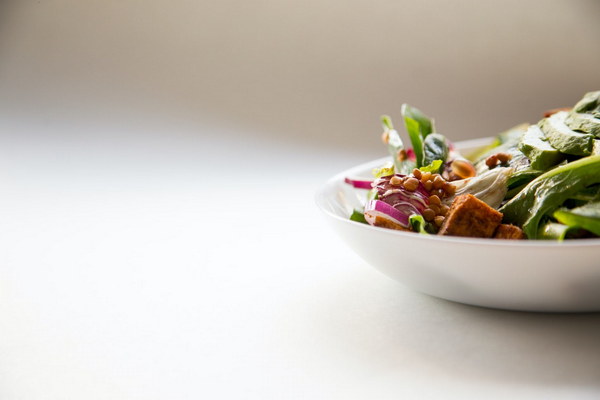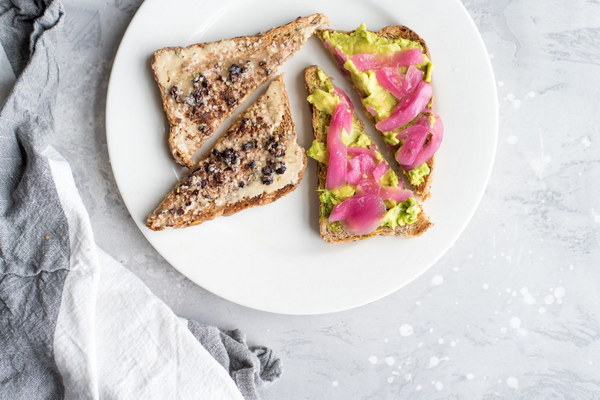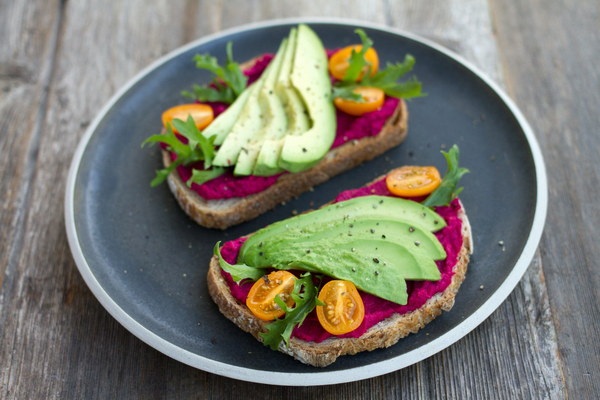The Art of Slow-Cooked Herbal Medicine Nurturing Body and Soul
In the realm of traditional Chinese medicine, slow-cooked herbal medicine stands as a testament to the profound connection between food and healing. This ancient practice involves simmering a blend of herbs and ingredients over an extended period to extract their medicinal properties, creating a nourishing broth that is both healing and delicious. Let's delve into the art of slow-cooked herbal medicine, exploring its benefits and the science behind this time-honored tradition.
The Essence of Slow-Cooked Herbal Medicine

The essence of slow-cooked herbal medicine lies in the process itself. By simmering the herbs at a low temperature, the medicinal properties of the ingredients are gradually released into the broth, resulting in a potent and flavorful elixir. This method allows the delicate flavors of the herbs to meld together, creating a symphony of taste that tantalizes the palate while promoting healing.
The Benefits of Slow-Cooked Herbal Medicine
1. Enhanced Nutrient Absorption: Slow cooking breaks down the cell walls of the herbs, making their nutrients more accessible to the body. This ensures that the medicinal properties are fully utilized, leading to more effective healing.
2. Improved Digestion: The gentle heat of slow cooking softens the herbs, making them easier to digest. This is particularly beneficial for individuals with sensitive stomachs or those who have difficulty digesting raw herbs.
3. Enhanced Immune System: Many of the herbs used in slow-cooked herbal medicine have immune-boosting properties. By regularly consuming these healing broths, you can strengthen your immune system and reduce the risk of illness.
4. Stress Reduction: The act of slow cooking and sipping on a warm, soothing broth can be a calming experience, reducing stress levels and promoting relaxation.
5. Detoxification: Slow-cooked herbal broths often contain ingredients that support the body's natural detoxification processes, helping to eliminate harmful toxins and improve overall health.
The Science Behind Slow-Cooked Herbal Medicine
The scientific community has begun to recognize the benefits of slow-cooked herbal medicine. Studies have shown that the prolonged cooking process increases the bioavailability of the herbs' active compounds, making them more effective for therapeutic purposes.
In addition, the gentle heat of slow cooking may help to preserve the delicate enzymes and nutrients found in the herbs, further enhancing their health benefits.
How to Prepare Slow-Cooked Herbal Medicine
To prepare a slow-cooked herbal medicine broth, gather the following ingredients:
- A variety of fresh or dried herbs (such as ginger, goji berries, rehmannia, and chuanxiong)
- A piece of fresh ginger or 2-3 slices of dried ginger
- A few slices of scallion or green onion
- 4-6 cups of water
- Salt to taste
1. Place the herbs, ginger, and scallions in a pot.
2. Add water and bring to a boil.
3. Reduce the heat to a low simmer and let it cook for 1-2 hours, or until the broth has reduced to about half its original volume.
4. Strain the broth and add salt to taste.
5. Serve warm and enjoy the healing properties of your slow-cooked herbal medicine.
In conclusion, the art of slow-cooked herbal medicine is a time-honored tradition that combines culinary expertise with the wisdom of traditional Chinese medicine. By nurturing both body and soul, this healing practice can bring balance and well-being to those who embrace its ancient secrets.
